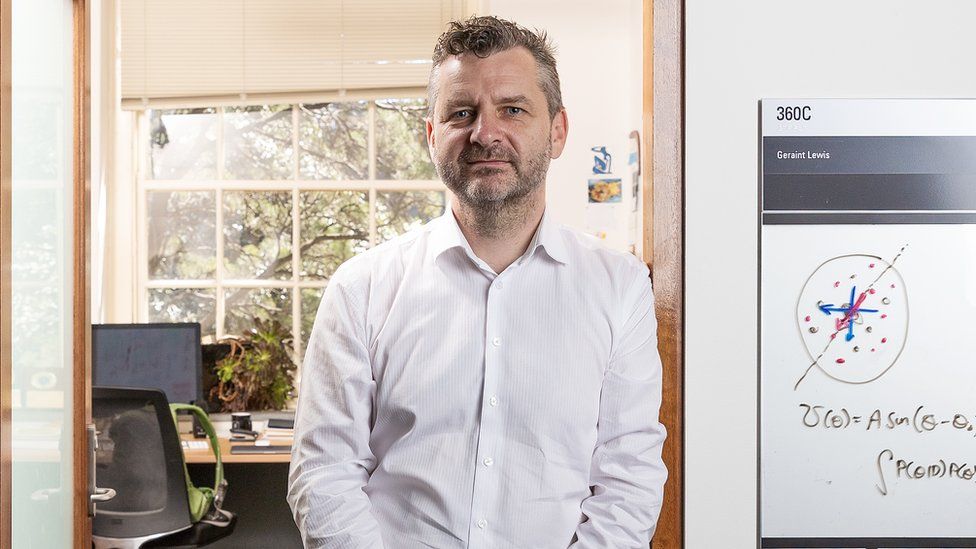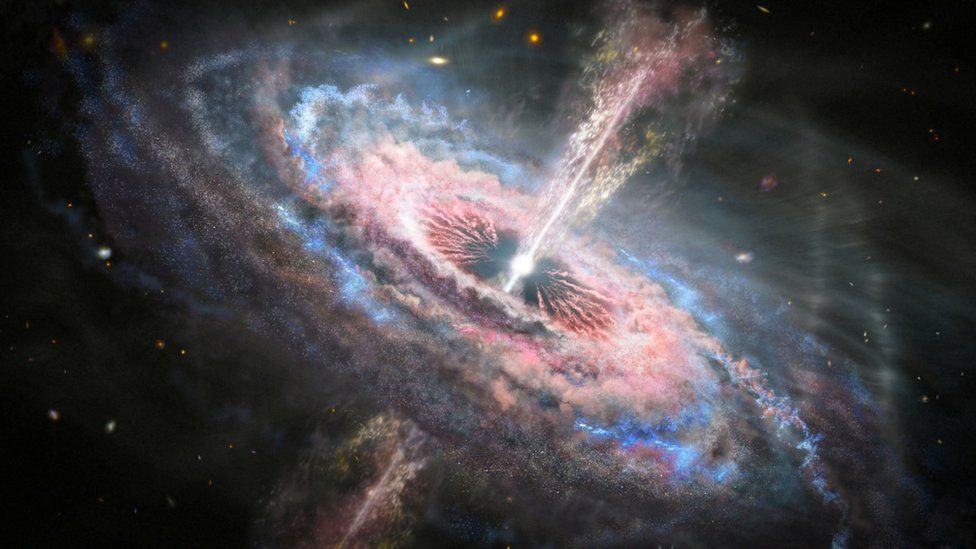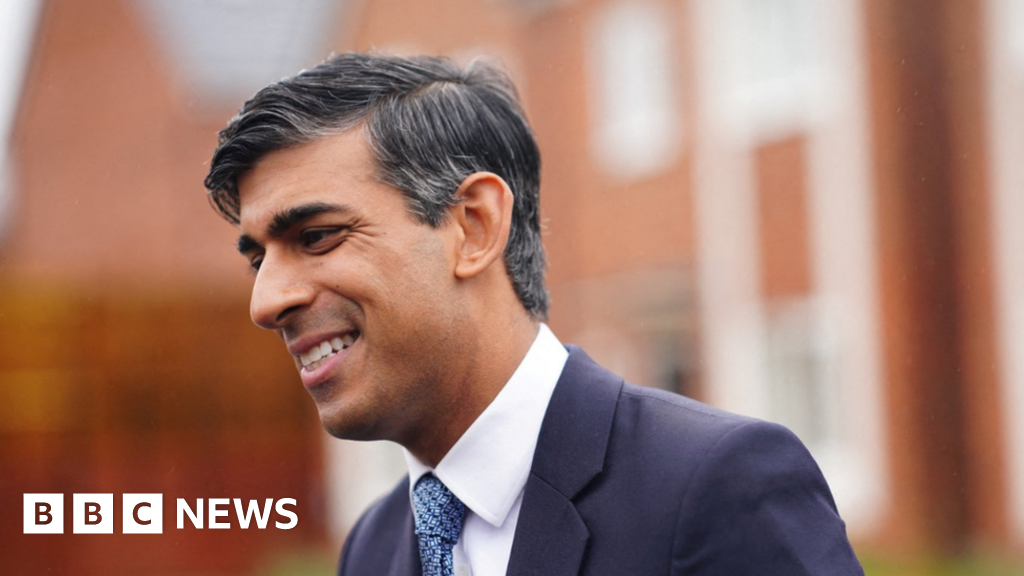For the first time, scientists have seen the early universe moving "five times slower.".
In order to measure time close to the Big Bang, researchers used data from quasars, objects powered by "supermassive" black holes at the centers of early galaxies.
The brightest and farthest known celestial objects are quasars.
The BBC was informed by Prof. Geraint Lewis of the University of Sydney that it is further proof that the universe is expanding.
"We see time appearing to flow five times slower [shortly after the Big Bang], when we look back to a time when the universe was just over a billion years old," said Prof. Lewis, the study's lead author.
"A second would seem like one second if you were there, in this young universe, but from our vantage point more than 12 billion years in the future, that early time seems to drag. ".
According to NASA, quasars are brilliant objects propelled by "supermassive" black holes that eject energy while consuming gas, dust, and other matter that falls into their gravitational pull.
Over the course of 20 years, astronomer Prof. Lewis and astrostatist Brendan Brewer from the University of Auckland examined the hues of close to 200 quasars. They were able to standardize each quasar's "ticking" after that.
The general theory of relativity predicts that the distant universe should move much more slowly than our own, which is what the researchers said when explaining what it all meant.
"Thanks to Einstein, we know that time and space are intertwined and that the universe has been expanding ever since the Big Bang at the beginning of time," he said.
"Due to the expansion of space, time should appear to move much more slowly in the early universe than it does now, according to our observations.
"In this paper, we have proven that back to a billion years or so after the Big Bang. ".

The university claimed that using supernovae, or massive exploding stars, astronomers had previously verified the slow motion universe back to roughly half its age. However, quasars gave Prof. Lewis and his team the opportunity to confirm the theory up to a tenth of the universe's age.
"As far as we understand, that expansion is just going to continue and continue, and the universe is going to get larger and emptier," he continued on BBC Radio 4's Today program.
. "







